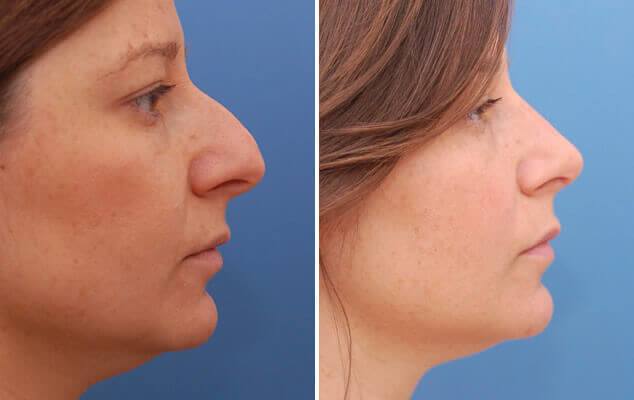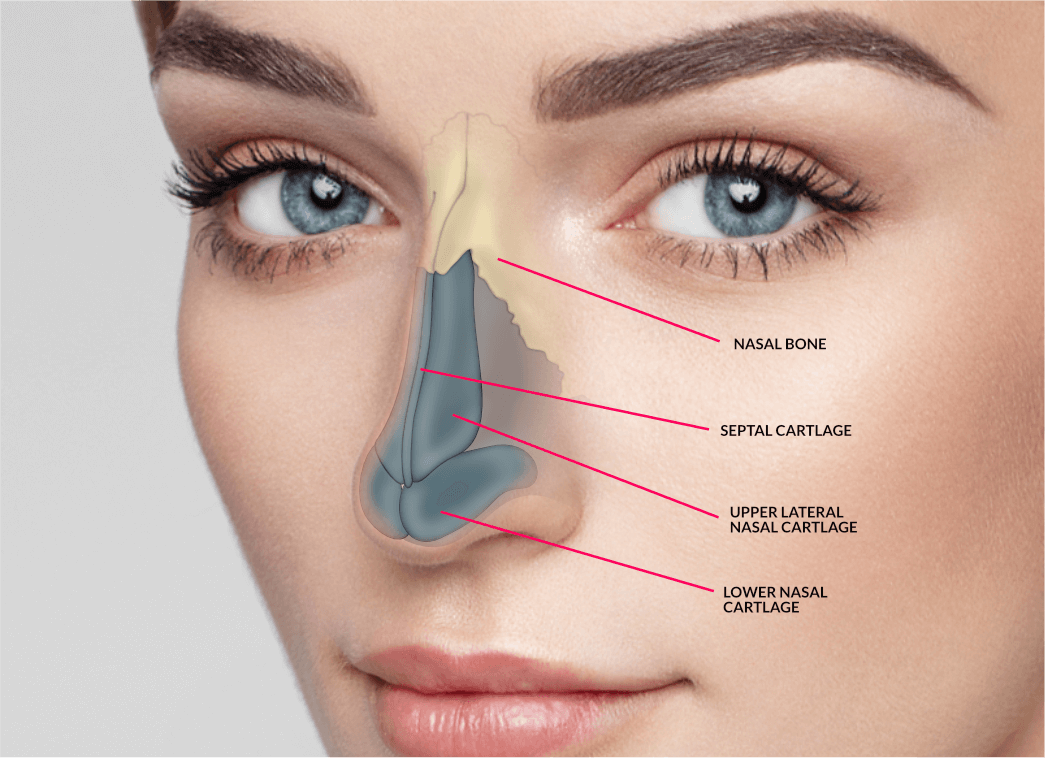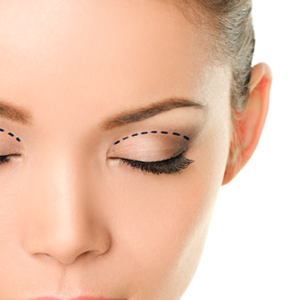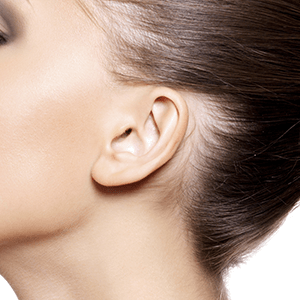What is Nose Job Surgery?
Rhinoplasty consists of modifying either, or both, bone and cartilage. The upper part of the nose is made up of bone and lower is cartilage. The surgeon will take into account the patient’s facial features when planning the nose job. A rhinoplasty is done under various forms of anesthesia, they are:
- Local Anesthesia with sedation: This is an outpatient procedure
- General Anesthesia: Requires hospitalisation
The procedure involves making a small incision on the inside of the nose at tit’s base between the nostrils. The surgeon will then adjust the bone and cartilage to create a better shape and slope according to the patient’s desired appearance.
The Ideal Candidate
The ideal candidate would be in generally good health and have realistic expectations of the outcome. Candidates for this surgery are:
- Over the age of 17 years
- Have realistic expectations
- Have no medical conditions that would be hindering healing
How Much Does Nose Job Surgery Cost?
Before any surgery can be scheduled a consultation must take place, here the surgeon will assess the patient’s needs and suggest the best procedure to achieve the required results.
Surgical cost are subject to:
- Duration of procedure
- Duration of your hospitalisation recovery
- Additional procedures required
Consultation Fee: R1000
(Estimated Price: email us)
Nose Job Before & After

Nose Job Surgery Recovery
Post surgery the patient will be kept with their head raised above their chest, to reduce bleeding and swelling. The patient may feel congested due to splints placed inside the nose during the surgery. Swelling can take up to a year to completely diminish as the nose constantly changes shape with age.
Complications | Risks | Side Effects | Scars
Although the surgery is generally a safe procedure, patients should be aware of the
potential problems associated with the surgery. A drip pad will be put into place for slight bleeding and drainage.
Patients are advised to avoid the following post rhinoplasty:
- Strenuous activity
- Blowing the nose
- Foods that constipate, stick to a strict high fibre diet
- Avoid smiling and laughing
- Brush your teeth gently
- Do not pull clothing over your head
- Do not wear sunglasses or spectacles
Normal Side Effects
After undergoing the surgery, the patient may feel all or none of these very normal and common side effects:
- Bruising and swelling
- General discomfort
- Congestion
- Slight bleeding and drainage
Other Side Effects
Like all medical procedures, the risk of complications increase when proper aftercare treatment is not followed. These complications include:
- Infection
- Asymmetry
- Persistent pain, discoloration or swelling
- Recurrent bleeding
- Difficulty breathing through the nose
- Hole in the septum
- Scarring
These risks will be fully disclosed and explained by the surgeon, if at any point post surgery a patient suffers from any serious side effects – please consult your surgeon immediately.


























